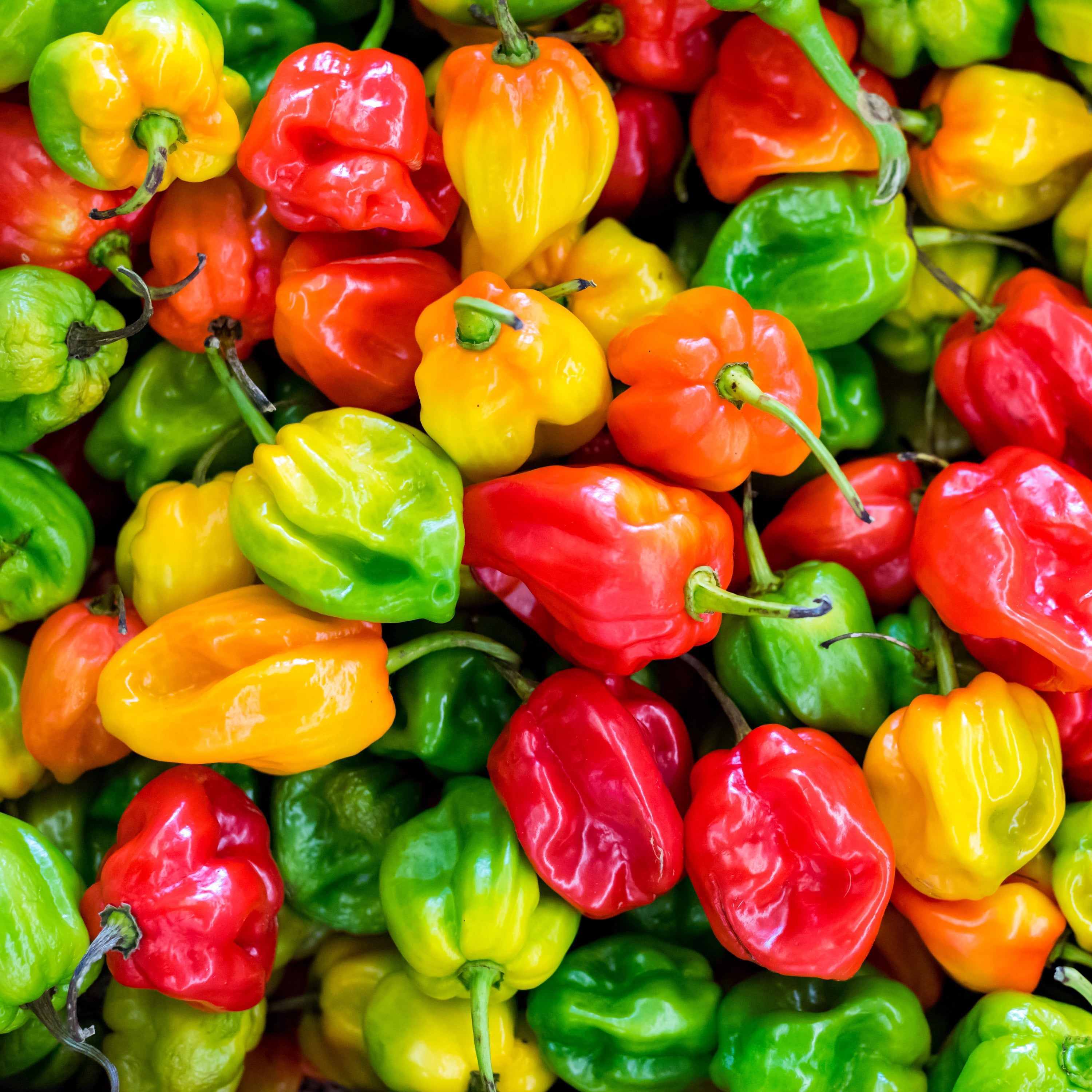
We love growing outdoors! Unfortunately, the deep snow covering our garden beds makes it difficult to grow high-quality produce in the winter. Indoor herb containers and kitchen gardens are perfect for small scale home gardeners, but professional growers and greenhouse owners are working throughout the season to grow hearty produce. When you make a living working with high value crops, you rely on good harvests and delicious crops to support your enterprise. Growing produce is one thing, but how do you turn your garden variety tomato into a cash crop? Increasing the value of your produce often goes beyond the quantity of what you’re growing, but means improving the quality. Conventionally grown produce is known for being affordable, easily available, and works for the needs of many consumers. However, using organic inputs or growing methods works with the needs of the plant, and can improve not only the quality of the plant, but can increase the taste, color, quantity, and nutrient density of crops being grown. Growing bigger and more beautiful produce is important for increasing it’s value. However, when you can not only make a tomato taste better but can make it better for you, your crops become more valuable!
Increasing the value of your produce often goes beyond the quantity of what you’re growing, but means improving the quality. Conventionally grown produce is known for being affordable, easily available, and works for the needs of many consumers. However, using organic inputs or growing methods works with the needs of the plant, and can improve not only the quality of the plant, but can increase the taste, color, quantity, and nutrient density of crops being grown. Growing bigger and more beautiful produce is important for increasing it’s value. However, when you can not only make a tomato taste better but can make it better for you, your crops become more valuable!

Conventionally grown produce focuses on three main inputs: Nitrogen, Phosphorus, and Potassium. These are the nutrients that plants consume in the greatest quantity, and are incredibly important to overall plant health. However, crops which are only supplemented with macronutrients, lack essential secondary nutrients and micronutrients that benefit not only the health of the plant, but the quality of their produce. Plants require thirteen essential nutrients for healthy growth, including calcium, magnesium, sulfur, boron, and zinc, many of which are left out of the equation when amending your soil. However, there are an additional 51 trace minerals that are beneficial to plant and human health, which can come from a variety of rock and sea mineral inputs. Supplying your crops with a broad selection of nutrients will feed not only the plant, but fuels the growth of nutrient-dense and delicious produce.

Having a lot of nutrients is good, great even! But many of us have experienced the stress and exasperation you feel when your plants are dying, but adding more fertilizer just isn’t working! Having diverse nutrients is important, but without biology, your inputs aren’t going anywhere. Healthy soil is teeming with beneficial bacteria and microbes. In fact, a tablespoon of healthy soil contains more living organisms than there are humans on earth! Synthetic fertilizer, biocides, tillage, drought, and compaction, are all factors that can negatively impact the health of your soil, and the billions of microbes that live within. Plants need these essential workers to make minerals and nutrients bioavailable. A microbe will touch every input a plant consumes. No microbes=no nutrients.

Soil synergy requires many essential parts, from diverse nutrients to broad-spectrum biology to make those nutrients available. When you provide the inputs, the plant does the work! Microbes act as the bridge between geology and biology, and allow plants to build enzymes, amino acids, and proteins they can use to grow nutrient-dense fruits and vegetables. High-value produce is vibrant and nutritious and is easy to grow when the right inputs are applied.
The global marketplace is shifting. More and more growers are being paid for increased nutrient density in their crops. Having a wide range of balanced minerals and nutrients, and applying as much biological diversity as possible, sets the stage for bigger, brighter, and more nutrient-dense produce.
To learn more about increasing the value of your crops, caring for your soil, and growing with biology, contact us here!


